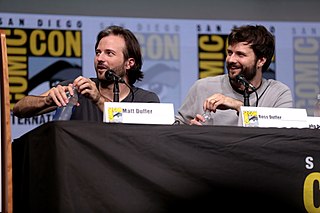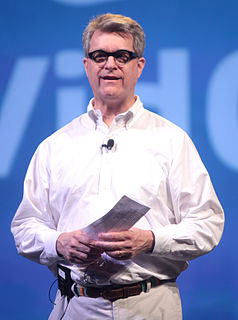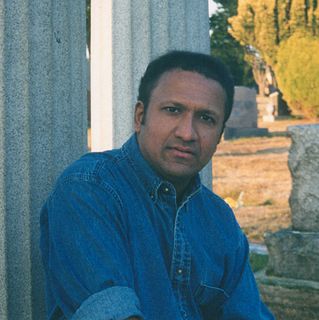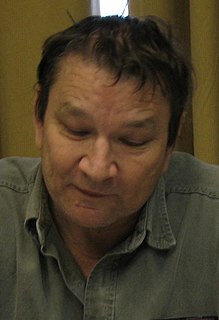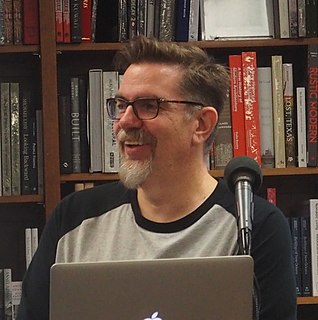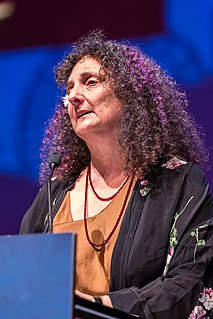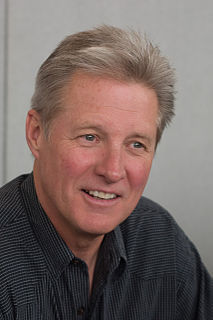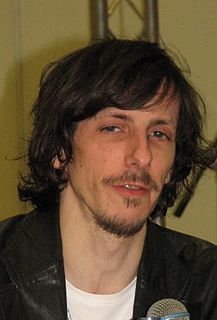Top 47 Lovecraft Quotes & Sayings
Explore popular Lovecraft quotes.
Last updated on April 14, 2025.
The whole thing that Dante [Alighieri] did was summed up in the medieval world. It's like St. Thomas Aquinas, the Summa Theologica. He didn't invent it, he just put it all in one package. You get twelve fat books there sitting in any library. Whereas... I think if Joshi thinks [H.P.] Lovecraft was doing anything like that, just throwing together all this stuff to form a kind of anti-mythology, that's where I would disagree with him.
[H.P.Lovecraft] is thrust into some kind of outer space realm, like here [pointing toward the painting in progress]. In other words, he's recognized he's gone through R'lyeh, the Sunken City of R'lyeh, and then Cthulhu, the extraterrestrial, calls his band of worshippers home to recognize him as the anti-christ. This is all in The Necronomicon, something Lovecraft actually did make up.
Now, we know this is what [H.P.] Lovecraft was into. Because he kept talking about how he wasn't interested in religion. In a heaven state there is no religion, meaning that you're seeing the whole thing ... I mean, to worship something means that it's something beyond you, right? In other words, it's not being revealed to you.
I was familiar with Lovecraft, I also was familiar with his history as a person. So I had read his stories but I wasn't bananas like I think that a lot of people get bananas. I was like, they're good and I can definitely see the influences - but I can definitely read them and see the parts where you're being racist right there in your own stories.
I mean, these are really dedicated people [in Lovecraft Society] when it comes to [h.P.] Lovecraft. But in the top floor of the John Hay Library, you have all of Lovecraft's archives. And messing around in there, I noticed, I said, what are these paintings? And the librarian told me, "Well, those are Pickman's paintings." I said, "I thought this was like something he made up, like The Necronomicon, that kind of stuff." And he said no, that the guy actually existed.
H.P.Lovecraft could've been trying to do a Marx to Hegel, that kind of thing, in other words, turn the thing upside down and crawl around inside it. But, look, the guy was eating poorly, he had like a quart of ice cream a day. He was suffering constantly near the end. He wasn't concerned with his body at all, not the way we're concerned with our bodies nowadays.
It's called "Pickman's Mephitic Models," based on the story [Pickman's Model by H. P. Lovecraft].Certain things about it many people don't realize. Pickman was a real painter who lived between 1888 and 1926. Now, there's a question mark [gesturing toward the writing in the margins of the painting], because Lovecraft claims that he turned into a ghoul. God knows how old he is now.
[Nikola Tesla] said he had no interest in the spiritual. He didn't believe in telepathy, didn't believe in any of that stuff, didn't believe in any religion, and he just thought all these people were being superstitious and wanted them to go away. And in that way he was very close to H.P. Lovecraft, who was almost a believing atheist.

